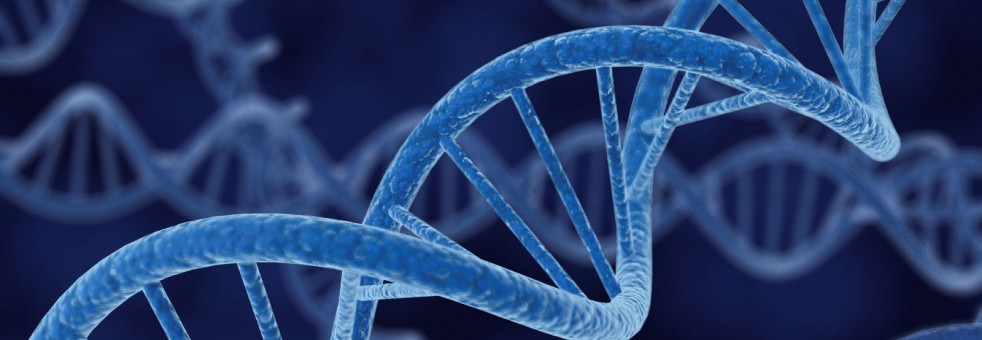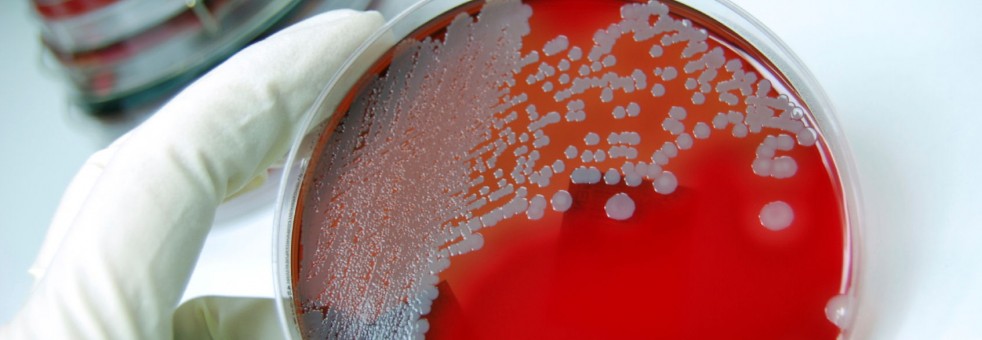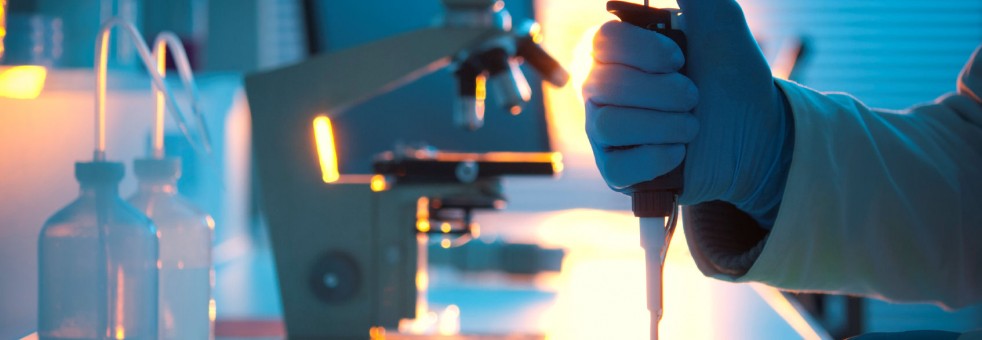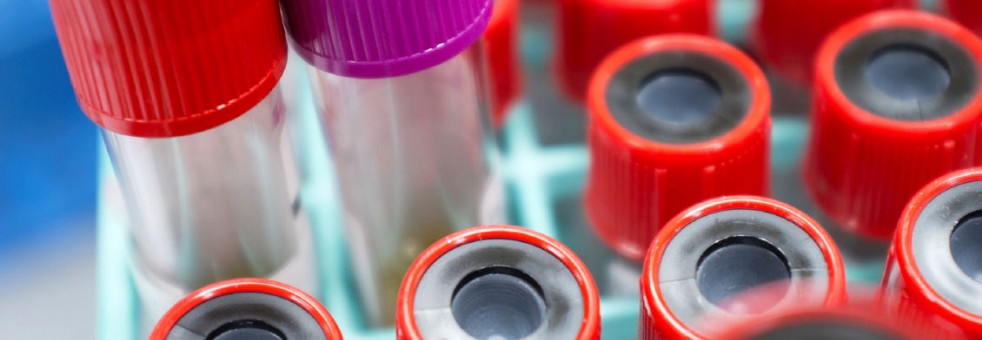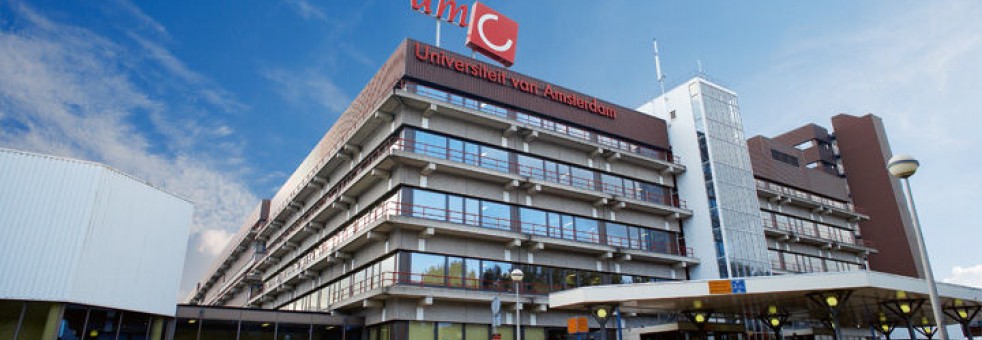Home>Patients>Scientific research>SMS substudy
SMS substudy
Background
Bacterial meningitis is a severe infection of the membranes covering the brain. Despite the availability of anitbiotics and other treatments still 20% of patients die and upt o half of the survivors have neurological sequelae such as hearing loss or cognitive defects. Bacteria causing meningitis reside in the throat and nose of many healthy people. Why these bacteria cause meningitis in some people and are harmless in others is unclear. Everyone’s DNA – the building blocks of the human cells- is unique and different. Previous research has shown that small variations in the DNA contribute to an increased risk of meningitis and the clinical course of the disease.
Aim of the study
Similar to the MeninGene study, the aim of this study is to determine which genetic factors contribute to the susceptibility for bacterial meningitis and an unfavorable clinical course of the disease. Eventually, this can lead to new treatment strategies and improvement of the prognosis of bacterial meningitis. The SMS substudy focuses on the effect of the DNA variations on disease course of bacterial meningitis.
How is the study designed?
In 2006 a nationwide study (in 2013 renamed MeninGene study) was started to study the influence of DNA variations in meningitis patients. In the SMS substudy patients included in the MeninGene study will be approached for additional blood withdrawals and throat culture. After informed consent is given participants of the substudy are will be subjected to four blood withdrawals during admission in the hospital and one blood withdrawal 3 months after discharge. During admission also a throat culture will be taken. Subsequently, these materials will be stored in the AMC for further research.
Are there additional risks?
If possible the blood withdrawals will be performed through existing intravenous or intra-arterial catheters or will be combined with regular blood withdrawals for diagnostics if possible, to minimize additional punctures. A maximum amount of 25 ml blood will be taken with each withdrawal.





